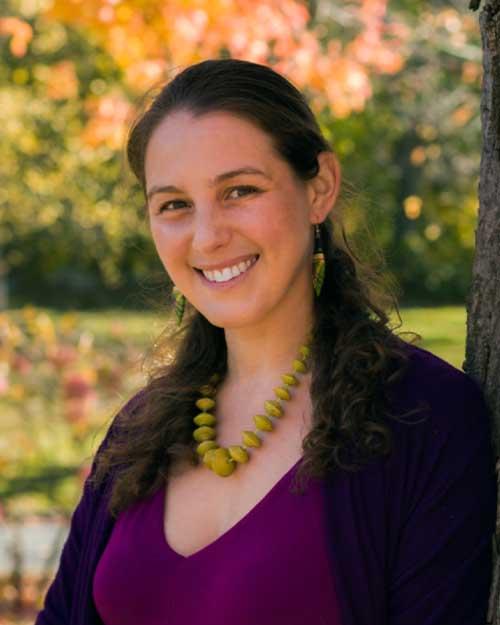Instructor Spotlight: Jessica Lander

Tell us about your background and what inspired you to teach this course
First and foremost I’m a teacher. For much of the last ten years I have had the honor and joy of teaching recent immigrant and refugee students from more than thirty countries at Lowell High School, in Lowell MA. I am also a writer. I spent three years traveling across the country visiting innovative schools, interviewing young immigrants, and diving into the history of immigrant education. I shared these stories in my recent book Making Americans: Stories of Historic Struggles, New Ideas, and Inspiration in Immigrant Education.
With the new administration in place, what should we keep an eye on regarding immigrant education?
Federal policy changes are impacting immigrant education and causing sweeping fear and anxiety amongst students, families, teachers, and communities. There are so many pieces of policy that we need to be watching, but one is the threats some politicians are making to try to dismantle the landmark 1982 Supreme Court Case Plyler v. Doe, which ensures that all students, no matter their documentation status, have the right to attend the public K-12 school system.
For the second half of your class, you have a variety of guest speakers scheduled to attend. Tell us more about your guests and how they contribute to your course
In the first half of the semester, we will dive into stories of the past, the present, and the personal of immigrant education. In the second half, students will work in groups to choose and tackle one concrete and timely challenge, in policy or pedagogy, that impacts immigrant education. Each week we will be learning from experts in the field: a school leader, a Massachusetts Teacher of the Year who teaches immigrant students, a leader of an immigrant-education nonprofit, a state-level education leader, and immigrant students. Each will share their expertise and insights with our class and students will have an opportunity to seek out the advice of these experts as they work to craft their policy solutions. At the end of the semester, students will present their work. I think learning is particularly powerful when we have both opportunities to bring the community into the classroom and opportunities to work on real challenges with community partners that have the potential of having meaningful impact. I hope that will be the case this semester!
What piece of advice would you give to Tufts students who aspire to go into primary or secondary education?
Too often, the structures of many schools can make teaching feel very isolating. For students looking to become teachers, I encourage you to seek out collaborators to learn from and work with. And there are so many people to collaborate with—teachers and staff in your building, the families of your students, community organizations, and of course to your own students. Creating a community of collaborators and colleagues—both in the school and outside—will make you a stronger teacher and will nourish you in so many ways.